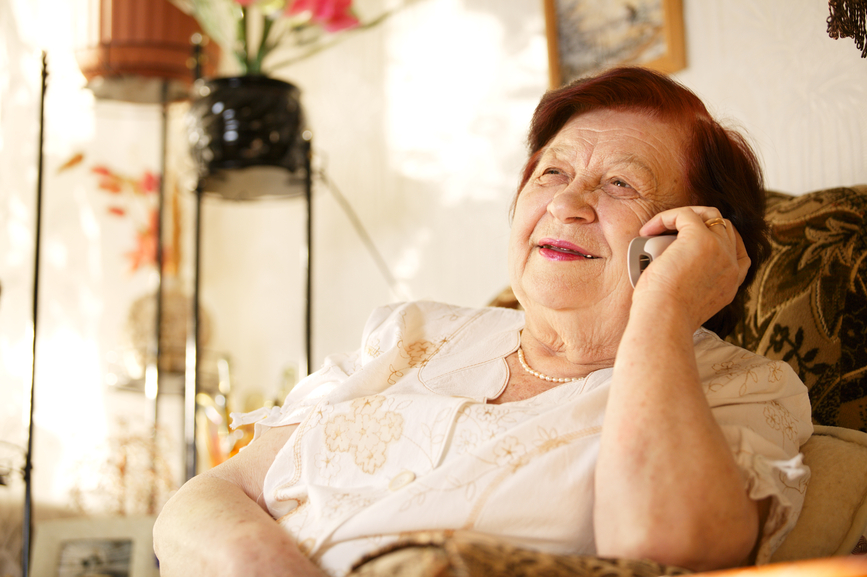The rates of Alzheimer’s Disease is expected to double every 20 years as we continue to live longer and the number of seniors soars. The oldest of the baby boomers are beginning to reach old age and in 2016, the first wave of boomers begin turning 70. By 2025 it is anticipated that 7 million Americans will be diagnosed with AD, according to a report by Michael Hodin in the Fiscal Times. Hodin is the executive director of the Global Coalition on Aging.
To meet the needs of this growing segment of society living with or caring for someone with dementia, medical and technological researchers are joining forces to find solutions aimed at helping AD patients live their best possible life while reducing the strain on caregivers.
The Alzheimer’s Association International Conference to be held July 24-28, 2016 in Toronto Ontario will include discussion focusing specifically on technology’s role in coping with dementia. Tools to improve and speed up early diagnosis of changes in the brain is one of the ways technology can help the management of dementia. With the use of MRI scanning and computer-based memory and thinking tests, families can begin seeking treatments and start planning for the future as soon as possible.
Technology isn’t only useful in the diagnosis of dementia but can be a tremendous support in maintaining safety and independence at home in daily living situations while reducing stress for caregivers.
Tech tools for caregivers:
- Assistive technology devices that offer voice reminders to take a medication, lock the front door or to go back to bed can help keep loved-ones safe when a caregiver cannot be present.
- Clocks designed specifically for those with dementia are easy to read and allow night and day to be easily distinguished, helping to alleviate anxiety.
- Easy to read phones with preprogrammed numbers assigned to photographs can help older adults easily communicate with family, friends or caregivers.
- Tracking devices can alert caregivers if a loved-one has wandered off or can be placed inside wallets and purses to prevent them from being lost.
- Appliances can be outfitted with sensors to prevent stoves from being left on unattended, faucets from running or refrigerators left open.
These and a host of other tech tools can help make life just a little easier for caregivers of seniors with dementia. To learn more about technology designed with the Alzheimer patient in mind, visit The Alzheimer’s Store at http://www.alzstore.com .






Add Your Voice
0 Comments
Join the Discussion